How IS A Family selected for our housing program
The family must meet our initial criteria:
- Income guidelines
- Show there is a need in their housing conditions
- Willingness to partner with Habitat by completing requirements including 400 hours of “sweat equity" and trainings
- Acknowledge and accept the responsibilities of homeownership
There are no racial, ethnic, or religious requirements or preferences, and Habitat follows all State and Federal Fair Housing and Credit guidelines.
Do families purchase or rent the homes?
Families buy their houses from Habitat after completing all the requirements which include sweat equity hours and savings for their 1% of the purchase price for a down payment plus the closing costs. The houses are sold at no profit, and Habitat finances a zero-interest mortgage for a term of 30 years.
How much does a home cost?
Homes are sold at fair market value with no profit added in. Included in our costs are: materials and land, site development, construction staff and some professional labor.
What if a family wants to sell their home in the future?
Homeowners cannot “buy low” from Habitat and then “sell high” to someone else. A deed restriction guarantees that each home will remain affordable for at least 99 years. Deed restrictions also ensure that the home will remain owner-occupied and sold to an income eligible household. Of course, an owner can sell the home at any time as long as the deed restrictions are followed.
What is “sweat equity”?
Sweat equity is an important principle in the Habitat for Humanity building model. It describes the investment of 400 hours in time and labor that our families contribute as a partner in our program.
How do you complete your “sweat equity”?
You and members of your immediate family may contribute hours to your “sweat equity”. You and your family can accumulate hours by: working on future Habitat homes, attending Habitat homeowner trainings and workshops, volunteering with other community organizations, attending Homeowner Association meetings and several other ways.
Where does Habitat get the land?
Site acquisition is one of the most critical needs of Paterson Habitat. Property is acquired in the City of Paterson, primarily through purchase. Charitable tax benefits may be possible for those donating land or selling property at a discount to Habitat.
How are the houses maintained?
Each family is responsible for keeping its own house in good order. While individual lifestyles vary—as in any neighborhood—Habitat homeowners exhibit pride in homeownership and a desire to protect their investments. The Habitat Homeowners’ Association schedules monthly meetings on various aspects of homeownership and community involvement.

